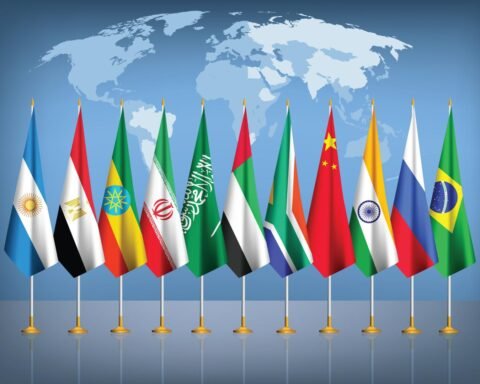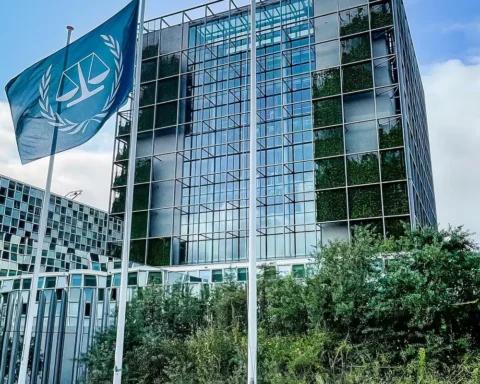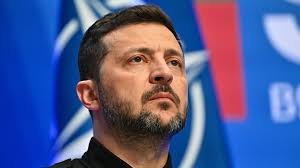Iran’s Supreme Leader, Ayatollah Ali Khamenei, has dismissed U.S. President Donald Trump’s recent invitation to hold talks, describing it as a “trick” aimed at deceiving the Iranian people.
In a statement broadcast on Iranian state television, Khamenei rejected any possibility of negotiations under the current circumstances, emphasizing the longstanding mistrust between the two nations.
The offer, made by President Trump in a series of tweets, came amid growing tensions between Iran and the United States, particularly over Iran’s nuclear program. Trump had proposed direct talks with Iran’s leadership, suggesting that a new agreement could be reached to address Tehran’s nuclear activities and improve diplomatic relations. However, Khamenei’s response underscored his view that the U.S. cannot be trusted to honor any deal.
Khamenei pointed to the United States’ 2018 withdrawal from the Joint Comprehensive Plan of Action (JCPOA), a landmark nuclear deal signed under President Obama, as evidence of Washington’s untrustworthiness. The U.S. exit from the agreement had led to the reinstatement of harsh sanctions on Iran, severely impacting its economy and raising fears of further instability in the region. Since then, Iran has gradually scaled back its compliance with the deal, citing the U.S. violation.
In his comments, Khamenei made it clear that Iran would not negotiate unless the United States fully returned to the terms of the nuclear deal, which Trump unilaterally abandoned. He criticized the U.S. administration’s attempts to restart discussions, suggesting that the real goal of the Trump administration was not genuine diplomacy but rather to apply more pressure on Iran.
The Iranian leader’s refusal to engage in talks comes at a time when the U.S. has been seeking to re-enter negotiations with Tehran. In recent weeks, President Trump has signaled a willingness to engage diplomatically with Iran, proposing to meet with Iranian leaders to discuss a new agreement. However, Khamenei’s rejection indicates that Tehran remains firm in its stance, demanding that the U.S. return to the original nuclear accord before any dialogue can take place.
The tension between the U.S. and Iran has only grown since the assassination of top Iranian general Qasem Soleimani in a U.S. airstrike in January 2020. That event escalated tensions to new heights, with Iran retaliating by launching missiles at U.S. military bases in Iraq.
Also Read; Russia Strikes Ukraine’s Power Plant
Amid Winter
Despite these provocations, Trump has continued to express interest in a new diplomatic relationship, suggesting that economic incentives and sanctions relief could be part of a future agreement.
For now, Khamenei’s rejection of talks signals that the road to peace remains uncertain. Analysts suggest that this deadlock may lead to further regional instability, as the U.S. and Iran seem locked in an ongoing standoff with no clear resolution in sight. Both sides continue to posture, but diplomatic efforts seem unlikely to gain momentum in the near future unless significant shifts occur in the policies of both governments.
As the situation develops, the international community watches closely, concerned about the potential for escalation. The outcome of this diplomatic impasse will likely shape not only U.S.-Iran relations but also broader geopolitical dynamics in the Middle East.







